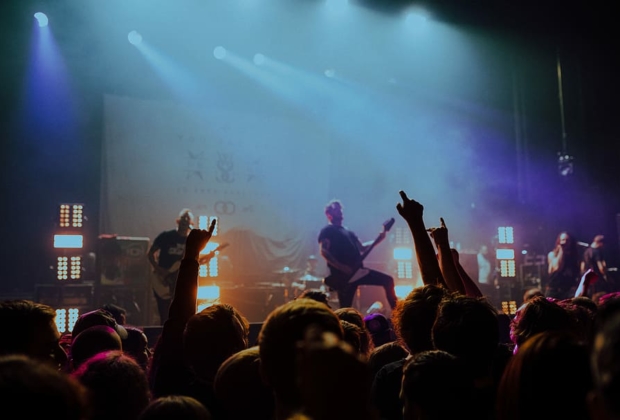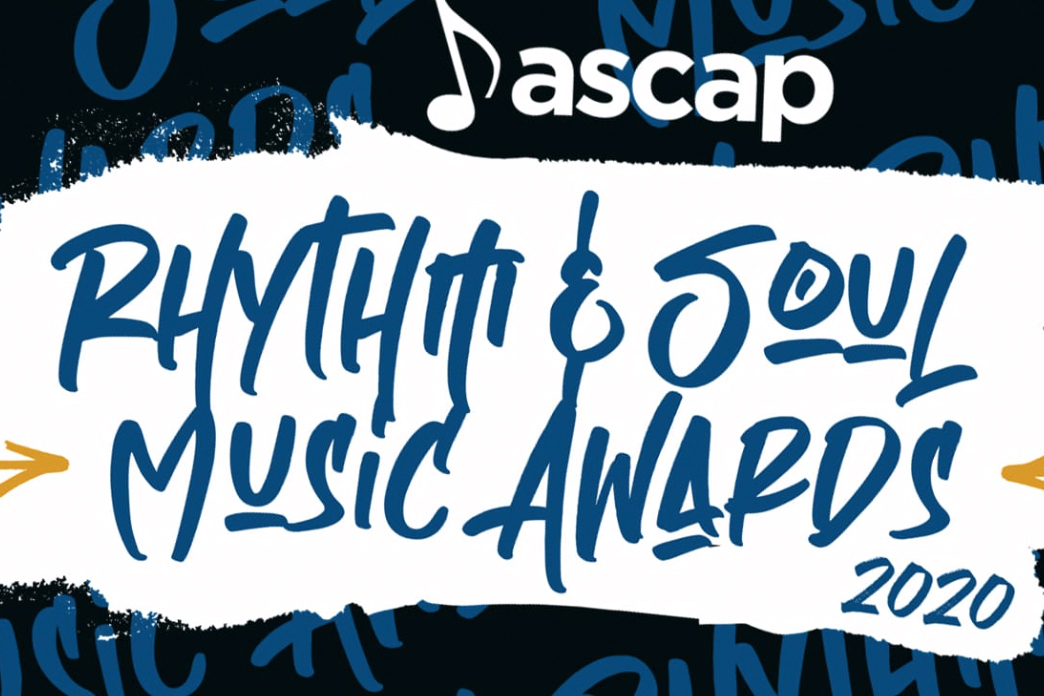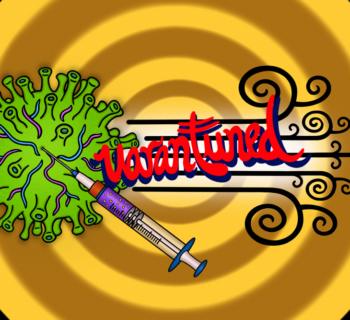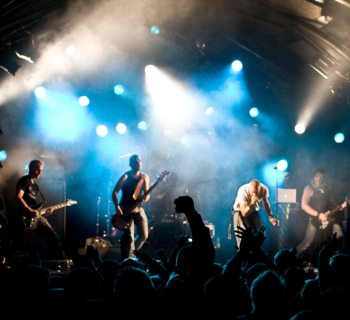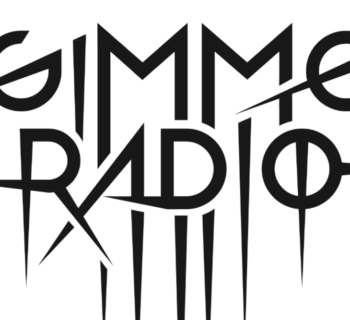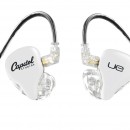There is no question that the live concert business has been particularly hard hit by the Coronavirus. It has and will be shut down for the foreseeable future. The biggest concert promoters, AEG and Live Nation, have the deep financial resources to survive. Many smaller independent concert promoters may not make it.
From what I have read (I am not an expert) the Coronavirus will probably not one day just disappear. More likely, it is with us indefinitely, like the seasonal flu (I am not saying the corona Virus is no more dangerous than the flu).
We can imagine in a year or more some big venue concerts and festivals taking place, but they will be different. First let’s assume we have a vaccine by then. But, of course, there is no guarantee scientists will be able to develop one any time soon or ever.
So what will the future hold? We can expect people to be wearing masks at concerts. Every person entering the venue may have their temperature taken. There will be signage advising people on things they can and cannot do. As far as social distancing, that is harder to imagine. One of the attractive things about a live concert is a full house of loud fans stirring up the excitement. Will the same excitement exist if every other seat and row is empty?
One novel idea I have heard about is using drive-in theaters for live concerts. This would take care of social distancing concerns to a certain extent. There could be more live recorded concerts (without an audience) that would air on outlets like HBO, Netflix or pay per view.
One could also imagine every fan entering a large venue having their temperature taken, and numerous “cleaning stations” with hand sanitizer. In an attempt to limit their legal liability, venues could post signs and ask each fan entering the venue whether or not they have any symptoms of COVID-19. And perhaps certain foods will be pre-packaged or ones that require a lot of handling might not be available. Extra precautions would be taken cleaning the venue before, during and after the show. Ticket prices could be raised to cover the cost of these extra precautions.
Venues could use more clear plastic barriers. For instance, it could be used between rows or private “sky” boxes, upon entering the venue and at food concessions. Paper tickets may become a thing of the past while venues use various digital forms of ticketing. There may be further restrictions on what people can wear or bring to a concert.
Smaller venues (especially outdoors), may be able to open sooner. Outdoor concerts may become more prevalent since the Coronavirus is thought to spread easier indoors.
Concerts may be shorter with less time spent on opening acts and the main act. The stage could be farther from the audience. A limited amount of people could be allowed in rest rooms and food concessions. Getting up from your seat (to get something to eat, for instance) may be discouraged.
Time will tell what precautions and procedures work so that the public can safely enjoy live music again.
This article is a very brief overview of the subject matter and does not constitute legal advice.

